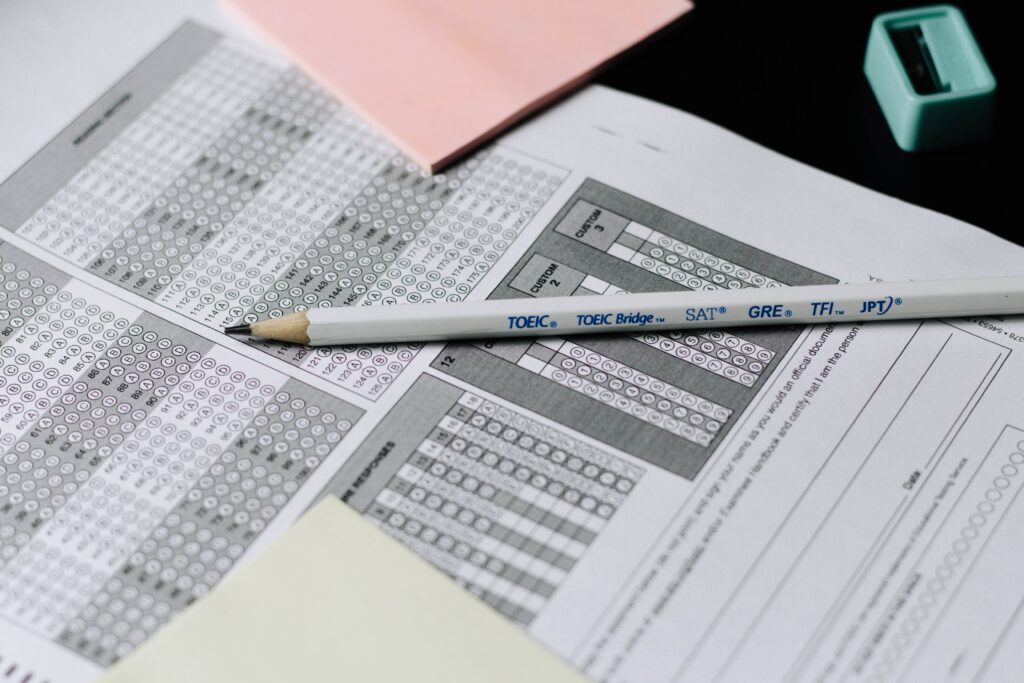Tennessee is on the verge of a whole lot of kids repeating the third grade – changing the landscape of schools and classrooms and increasing demand for elementary teachers during a teacher vacancy crisis.
Here’s why:
A state law that goes into effect this year requires that students not testing at “met expectations” – reading at grade level – according to TNReady results, must be retained or complete a summer remediation program.
An article in the Maryville Daily Times explains what this might mean in practice.
The law applies to students who score at the “below expectations” or “approaching expectations” performance levels on the TCAP exam. Statewide, that could mean two-thirds of third graders, Winstead explained. However, Maryville’s third grade ELA performance last spring was ranked sixth in the state, with 60% meeting or exceeding expectations.
That left 40%, 174 children, potentially affected if the law had been in place. However, with exemptions for new English learners, students with disabilities that affect reading and previously retained students, the number drops to 122.
So, under current law, Maryville would need to prepare for 122 new third-graders in the 2023-24 school year. Of course, some of them would take advantage of the remediation offerings. Let’s say that’s half. That still leaves Maryville needing 3 additional third grade classrooms for 2023-24.
Note, too, that the article says statewide, that number is closer to 66%.
While the intent of the law is to promote a focus on reading in the early grades as a way to set students up for success in future learning, the practical impact could be far-reaching with a range of unintended consequences.
It’s also worth noting that this law was passed without any attendant passage of new funding or new programs to promote reading. No significant increase in teacher pay, no additional funding for support staff, no improved support programs for these kids.
Perhaps the biggest consequence is this: While the law was designed to help kids stay in school by ensuring they read at grade level, the reality is that as kids age, they are more likely to drop out – so, an 8th grader who is 14 rather than 13 may be more likely to give up on school altogether.
For those students truly on the margins, the summer learning or tutoring may help keep them on track. For those farther behind, this could be a precursor to an even higher school dropout rate come high school.
In any case, it seems likely that two out three 3rd grade students statewide will be subject to the impact of this law by summer.
Oh, and the entire law is based on the results of a TNReady test that has been anything but ready in the few years since it has been a part of Tennessee’s education landscape.

For more on education politics and policy in Tennessee, follow @TNEdReport
Your support – $5 or more – makes publishing education news possible.
Pingback: Open to Change as Long as it’s Free – Tennessee Education Report
Pingback: New Third Grade Law “Devastating” – Tennessee Education Report